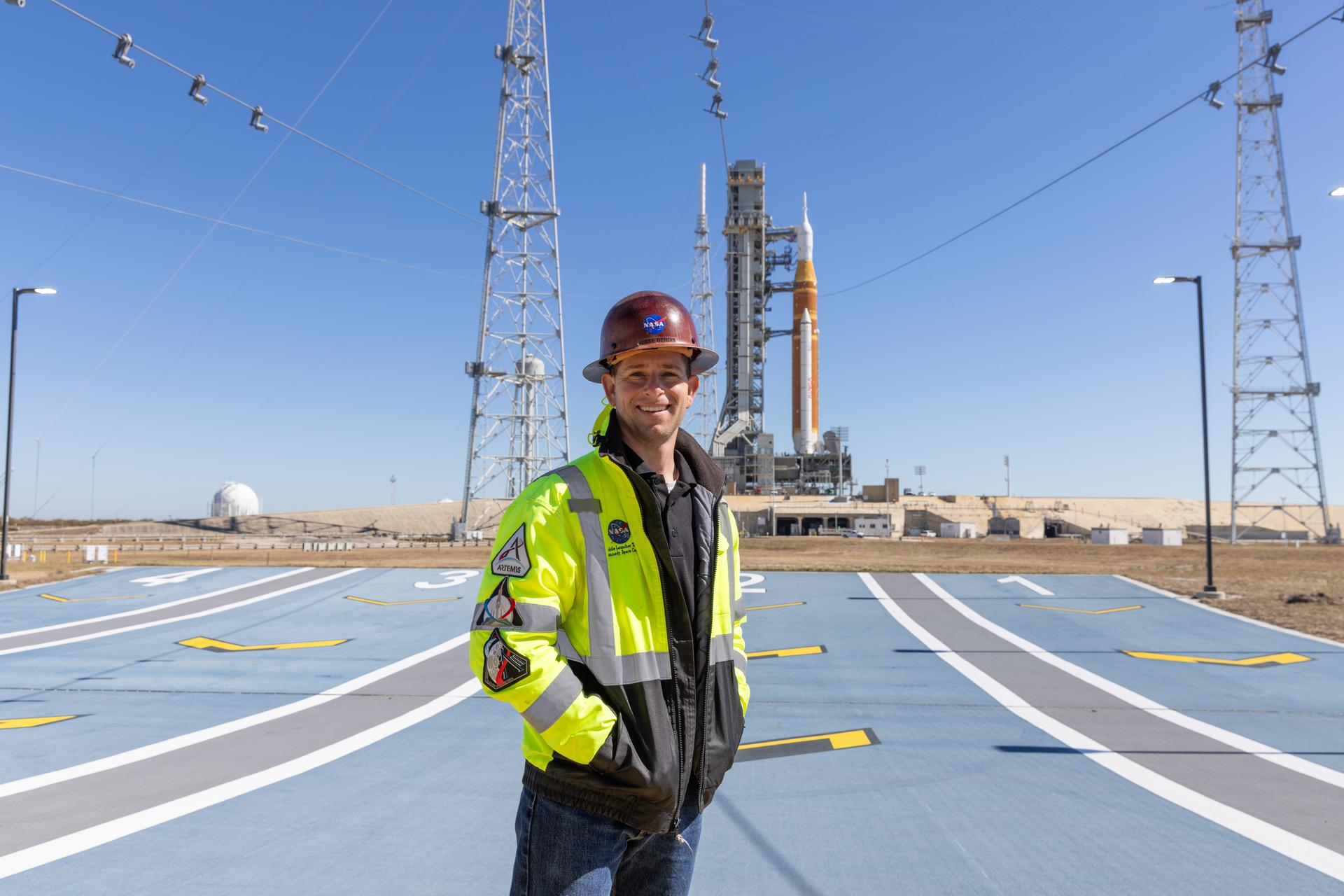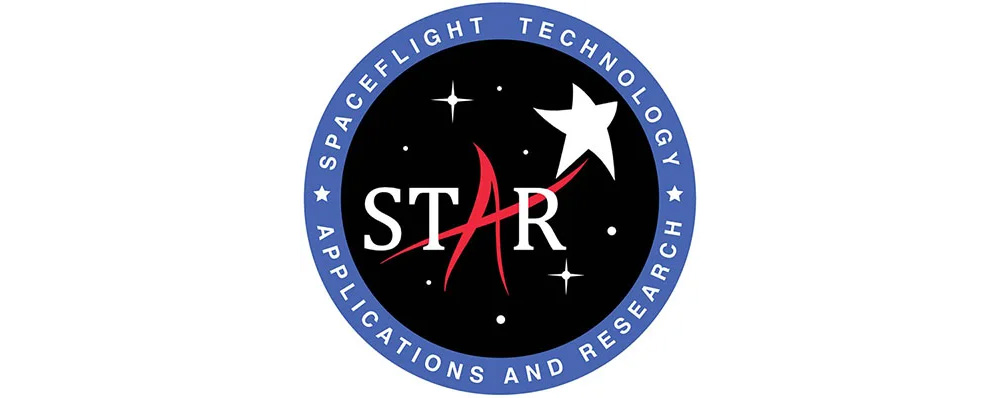Spaceflight Technology, Applications, and Research (STAR)
Learn to Design Biology Experiments for Space
Spaceflight Technology, Applications, and Research (STAR) is a virtual NASA training centered around space biosciences topics. The annual course targets principal investigators (PIs), senior research scientists, and postdoctoral scholars, aiming to facilitate their entry to space biology and preparation for conducting spaceflight experiments using NASA and commercial platforms.
Course curriculum focuses on fundamental space biology and its practical applications, including technical and logistical considerations, opportunities, and the unique advantages and limitations of conducting an experiment in space. Course participants also have opportunities to interact with PIs with prior mission experience, developers of spaceflight technology, and flight providers.
See examples of recent space biology flight projects
An article about STAR:
STAR Equips Researchers to Conduct Experiments in Space Biosciences
Goals
- Train principal investigators, researchers, and postdoctoral scholars in space biosciences, exposing them to spaceflight hardware and opportunities while educating them on the principles of conducting flight experiments.
- Support collaborations between new and experienced space biology researchers.
Current STAR Participants
Meet the current STAR-6 participants here!
STAR Alumni
STAR-1 (2020–2021)
STAR-2 (2021-2022)
STAR-3 (2022-2023)
STAR-4 (2023-2024)
STAR-5 (2024-2025)
STAR-6 (2025-2026)
Feedback from Previous STAR Participants:
“The STAR program provides a unique opportunity to learn about the scientific opportunities at NASA from researchers from all over the agency and principal investigators funded in the past. After learning through this program you understand the ways to work with NASA and also meet collaborators who can help build interdisciplinary teams." – Dr. Noah Weisleder, Ohio State University
“I knew next to nothing about conducting science in space before taking this course. I was worried that this would be a real disadvantage for the lectures, but the length of the course and the content selected is excellent. It is specific but also general enough that a wide audience from different backgrounds and different levels of experience can all appreciate the topics. Furthermore, the encouragement to ask questions allows for great discussion which even further facilitates learning and networking. I am so glad to have been a part of the course and wish I could take it again!” – Dr. Chelsi Cassilly, Harvard University (now at NASA Marshall Space Flight Center)
"This course provides an excellent introduction to the shear breadth of potential applications and tools available for the space-based biological research community. Additionally, the opportunity to interface with other researchers involved in, or looking to become involved in, the NASA mission is fantastic, particularly for someone new to this application space." – Dr. Jacob Miner, Los Alamos National Laboratory
“The STAR program has been a fantastic opportunity to learn about cutting-edge space biology research, network with other investigators in the field, and gain insight into the logistics of spaceflight experiments. I would highly recommend this program!” – Dr. Kelly Crowe, Mount St. Joseph University
Course Organizers
Dr. Ursula Koniges, NASA HQ
Dr. Ursula Koniges is the Deputy Program Scientist for Translational Research at the Biological and Physical Sciences Division at NASA Headquarters.
Dr. Christina "CJ" Johnson, NASA ARC
Dr. CJ Johnson is the Chief of Space Biosciences Research Branch at NASA Ames Research Center.
Dates and Deadlines
Information regarding STAR-7 is anticipated in spring 2026.
Eligibility
- Open to participants from commercial entities, international organizations, academia, NASA Centers, and other government agencies who meet the following requirements:
- Advanced degree (MD, PhD, or equivalent) required.
- Postdoctoral scholar applications must include a reference letter from their supervisor.
- STAR welcomes international applicants and U.S. citizenship is not required for application.
FAQs
Q: Is there a fee to attend the course?
A: The course is free of charge.
Q: Will funding be available?
A: NASA will provide no funding for the course participants to participate in the course activities. However, participants will learn about funding and collaborative opportunities throughout the course.
Q: Is this course open to undergraduate or graduate students?
A: Currently, the STAR course targets principal investigators, senior researchers, and postdoctoral scholars. In the future, a complementary course may be created to target undergraduate and/or graduate students.
Q: How will the participants be selected?
A: The review and selection of applications submitted in response to this opportunity will be made by the STAR organization team in accordance with NASA policy and other considerations. Applicants will be notified by NSPIRES of their acceptance.
Contact
For any questions about STAR please contact Ursula and CJ at hq-star-management@mail.nasa.gov.
































